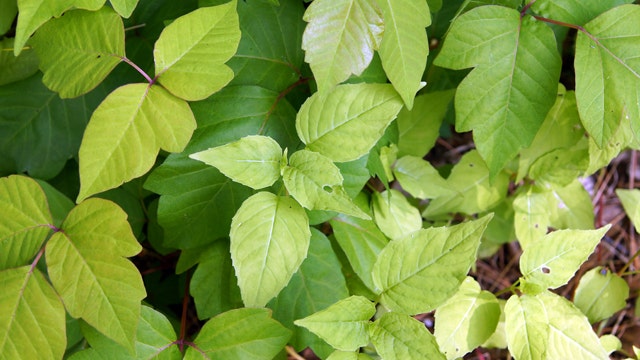How to treat a poison ivy rash
Q&A with Dr. Manny: I am concerned about the possibility of my children coming into contact with poisonous plants. What should I look out for?
Coming into contact with poison ivy, poison sumac or poison oak could mean a miserable summer spent covered in itchy, uncomfortable rashes. With the outdoor season in full swing, it’s important to know if these potentially dangerous plants are living in your own backyard, and what you should do if you come into contact with them.
We recently received this email from a reader:
Q: I just moved into a new home with a beautiful outdoor space near a wooded area. I am concerned about the possibility of my children coming into contact with poisonous plants. What should I look out for?
Ellen
While it’s true that these poisonous plants can be found in wooded areas, it’s also important to remember that they can be found all throughout North America.
The “Medicine Hunter” Chris Kilham told FoxNews.com that it’s an allergen found in these plants called urushiol that causes the irritation. Coming into contact with the leaves, especially if they are broken or torn, allows urushiol to seep into your system and cause the uncomfortable breakouts.
However, if you notice one of these plants growing in your backyard, you shouldn’t rush to destroy them by burning them or ripping them out.
“The worst thing you can do with any of these plants is to burn them,” Kilham said, adding that breathing in the smoke or the vapors can cause serious lung problems.
For those that come into contact with these plants, Kilham recommends trying the following solutions to help relieve irritation:
- Take liquid of witch hazel and apply it to the irritated area. This product can be found at any drugstore and it can help reduce the itching.
- A product called Tecnu makes soaps and gels to combat urushiol. After applying it to the affected area, it lifts the allergen out of the cells of your skin, stops the spread, and reduces the irritation.
- If you live near the beach, go into the ocean and gently rub sand it into the area and allow the salt water to wash away the urushiol.
Before trying any new medications or remedies, be sure to consult a doctor.

